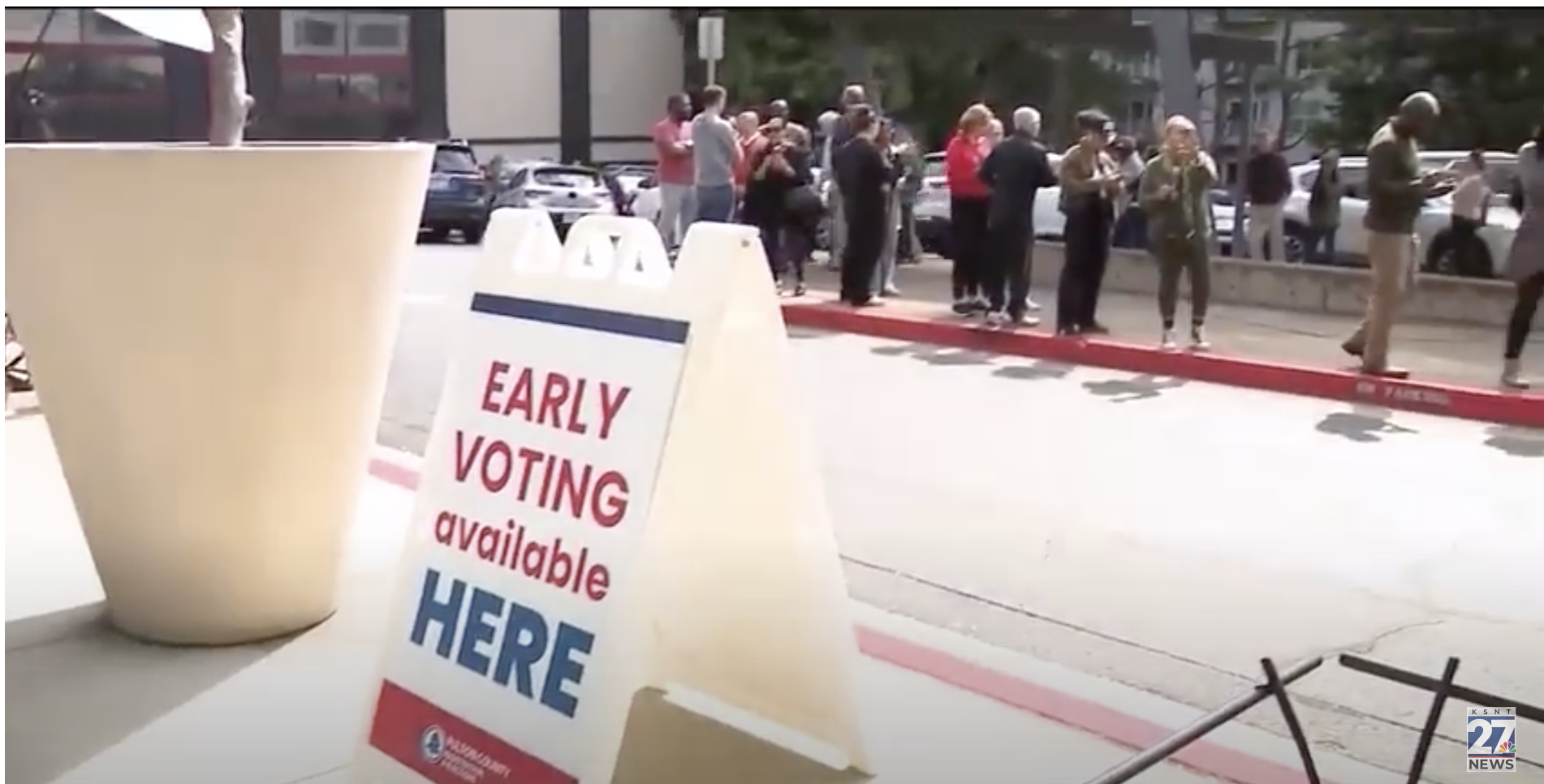City challenges to Newsom’s homeless-hotel plan jeopardize Project Homekey statewide
A California City Challenges Governor’s Homeless-to-Homeless-Shelters Project in Lawsuit
The City of Millbrae in California is taking legal action against one of the governor’s Homekey projects, arguing that the state constitution mandates local residents to have a say in publicly-funded low-income housing through voting. If the court rules in favor of the city, it could potentially halt billions of dollars worth of projects across the state, as they would be required to undergo costly ballot measures.
The City’s Concerns
The City of Millbrae is specifically contesting San Mateo County’s planned $33 million purchase and conversion of a 100-room hotel into a ”supportive housing” project. The city estimates that this project would result in a loss of half a million dollars per year in occupancy taxes alone, along with additional losses in sales tax, property tax, and other revenue streams. Under Project Homekey, which is funded by federal COVID-era funds and state general funds, over 15,000 hotel rooms have been transformed into supportive housing units for homeless individuals, with an average cost of $200,000 per unit in state-directed funds.
The city is using these potential revenue losses to support its lawsuit, which is based on constitutional grounds. It cites Article 34 of the California Constitution, which states that any low-income housing project must be approved by a majority of qualified electors through voting before being developed, constructed, or acquired by a state public body.
“Given the above, Article [34] guarantees Millbrae’s residents the right to vote on the project, and in so doing weigh the costs of the project on the community (namely, the loss of significant City tax revenue, impacts on nearby businesses, and the loss of local jobs associated with the closing of the hotel), against the obvious and pressing need for low-income housing,” wrote the city in its lawsuit.
Exemptions and Legal Challenges
However, California Democrats have passed laws exempting Homekey projects from the California Environmental Quality Act and Article 34. These exemptions have faced legal challenges, including a similar lawsuit in Marin County. In that case, residents argued that the exemptions did not apply to the specific project and failed to convince the court.
The Millbrae case takes a different approach, focusing on the extent to which the legislature can make exemptions to the state constitution without obtaining approval from both the legislature and the majority of voters, as required by the constitution.
Public Opinion and Future Developments
Voters in California have consistently rejected efforts to eliminate Article 34, with the most recent attempt in 1993 being rejected by 60% of voters. A measure to change the constitution will be on the ballot again in the November 2024 general election. Additionally, Californians will have the opportunity to repeal limits on the government’s ability to impose rent control.
The preliminary injunction for the Millbrae case is scheduled for January 24, 2024, with a trial to follow in the coming months.
How does the City of Millbrae argue that the state’s decision to fund and implement Homekey projects without local input violates the California constitution?
Losses as the basis for its lawsuit. It argues that the state’s decision to fund and implement these projects without local input is a violation of the California constitution, which guarantees residents the right to vote on matters that directly impact their community.
The City of Millbrae claims that it is not opposed to providing housing for the homeless or addressing the issue of homelessness in the state. However, it believes that the decision to use public funds for these projects should be subject to local decision-making processes.
In addition to the financial concerns, the city argues that the Homekey projects have a negative impact on the local community. It claims that the rapid conversion of hotels into supportive housing units without proper planning or consideration for the surrounding neighborhood’s infrastructure, services, and resources creates problems for both the homeless individuals and the existing residents.
The city asserts that by involving the local community in the decision-making process, these concerns can be addressed and potential negative impacts mitigated. It also believes that allowing residents to vote on the use of public funds for these projects ensures transparency and accountability.
The Outcome’s Potential Impact
If the court rules in favor of the City of Millbrae, the implications could be significant. The ruling would establish a precedent that requires similar projects across the state to undergo costly and time-consuming ballot measures. This would not only delay the implementation of much-needed housing projects but could also result in the suspension or cancellation of many ongoing initiatives.
Proponents of the Homekey projects argue that the homelessness crisis requires urgent and immediate action. They contend that the use of emergency funds and the expedited nature of these projects are necessary to address the pressing needs of homeless individuals. They also emphasize that the state has a responsibility to act swiftly in providing housing solutions and that local votes could delay or prevent the very assistance these individuals desperately need.
Ultimately, the court’s decision will likely have far-reaching implications and shape the future of housing projects for the homeless in California. It will determine whether the state has the authority to bypass local decision-making processes in the pursuit of addressing the homelessness crisis.
" Conservative News Daily does not always share or support the views and opinions expressed here; they are just those of the writer."





Now loading...